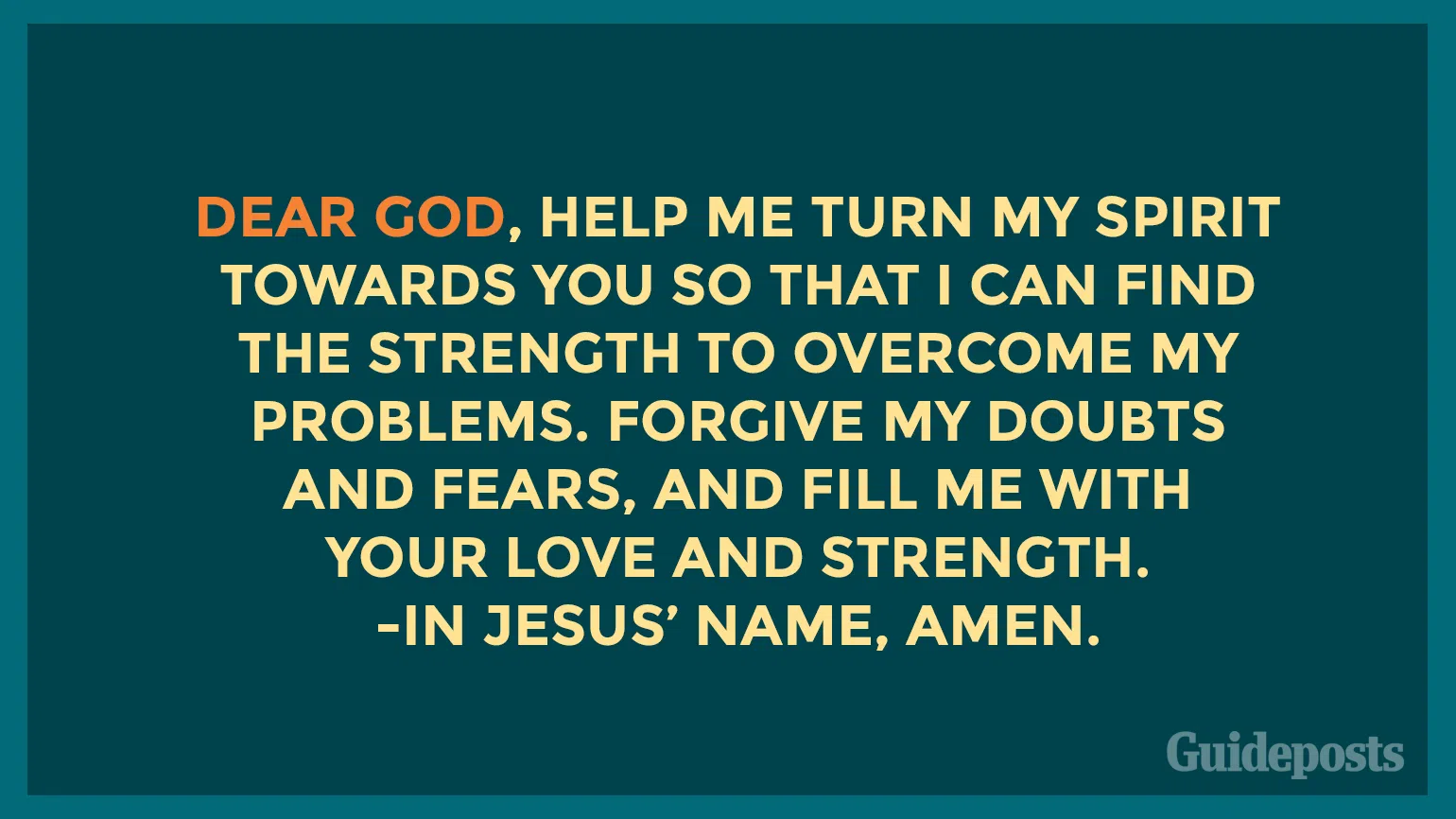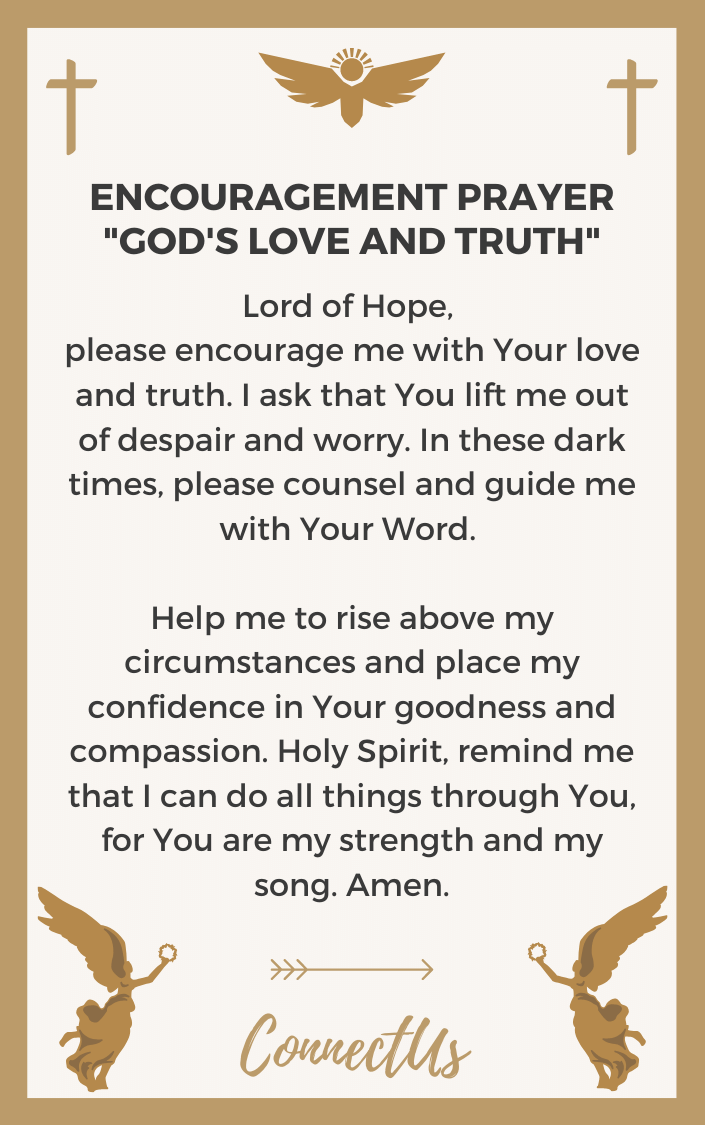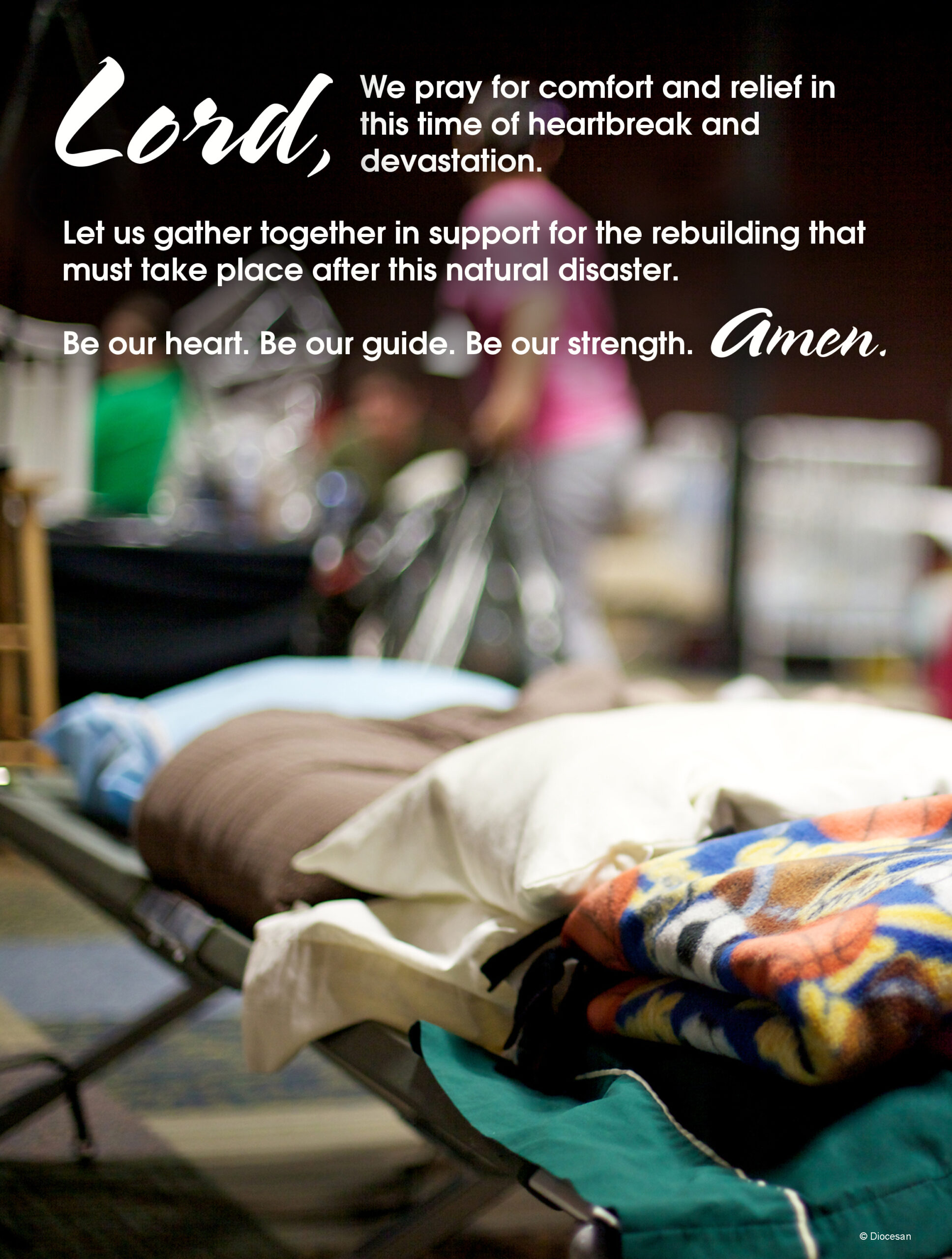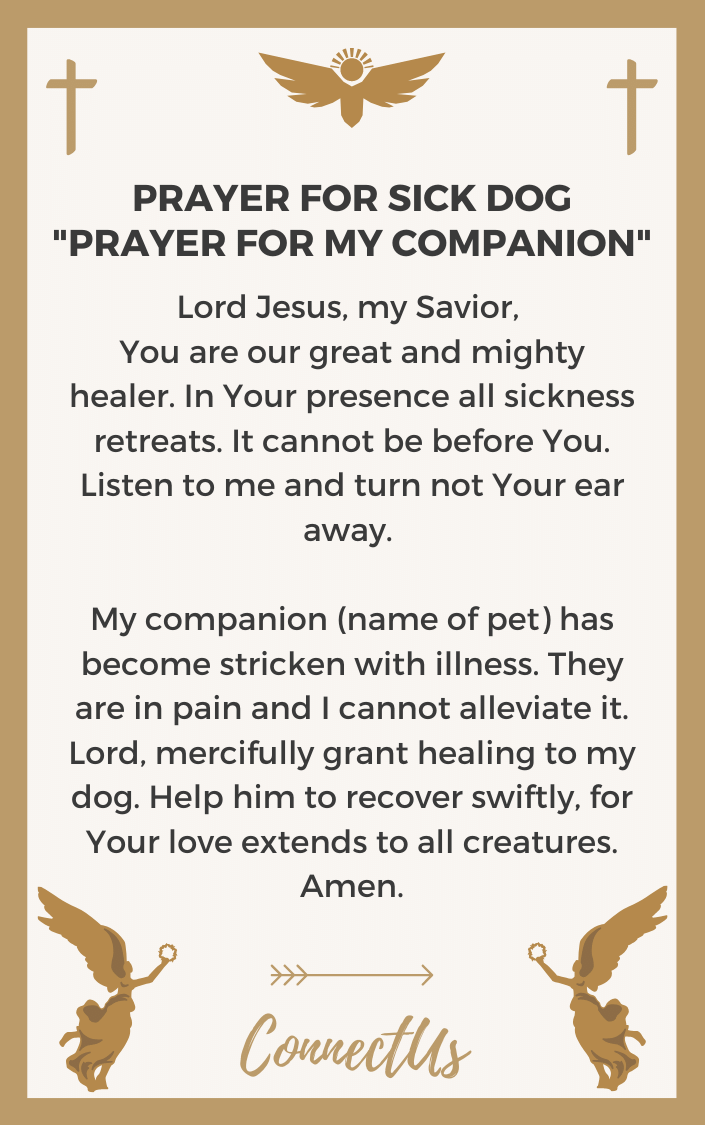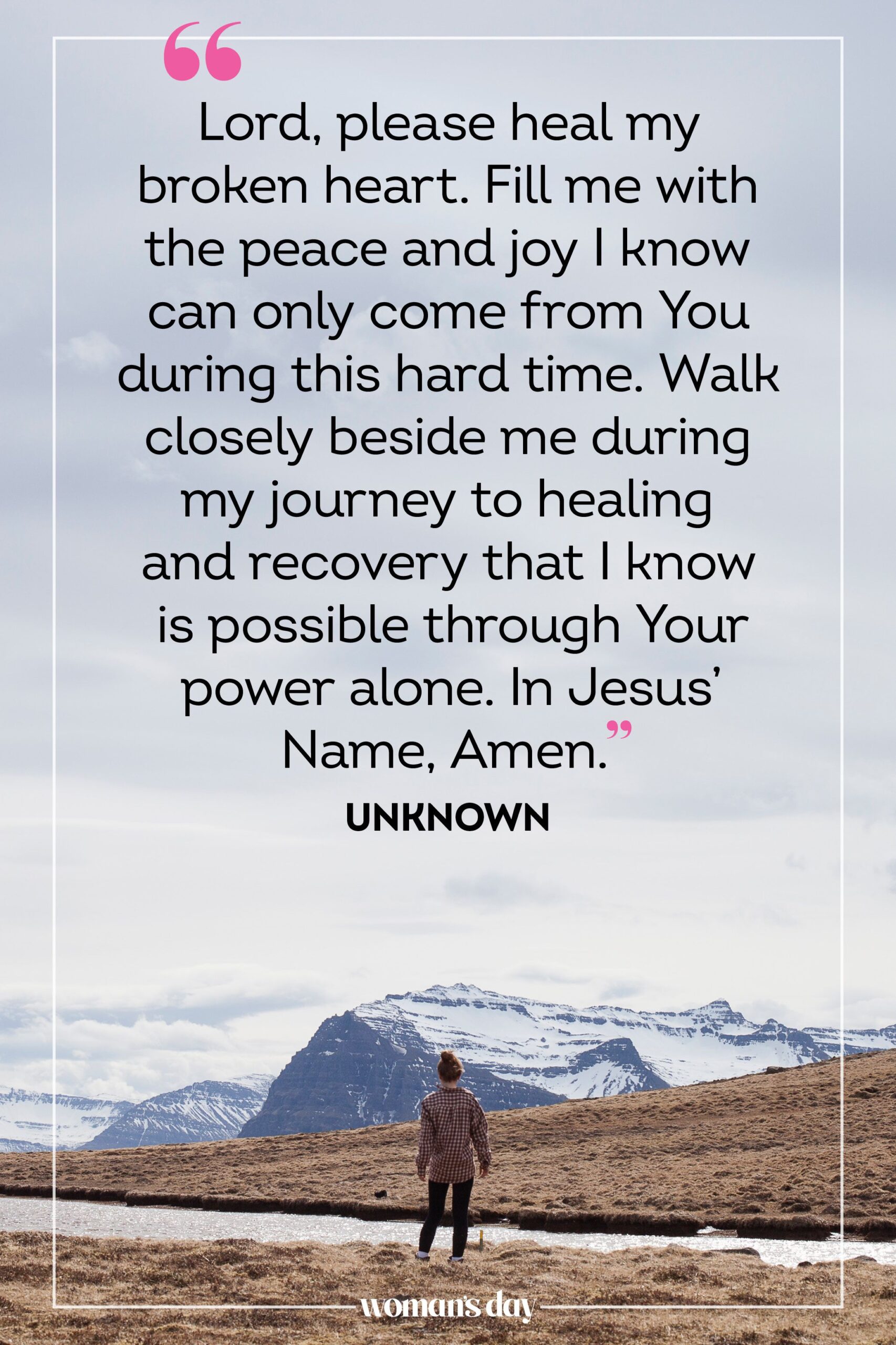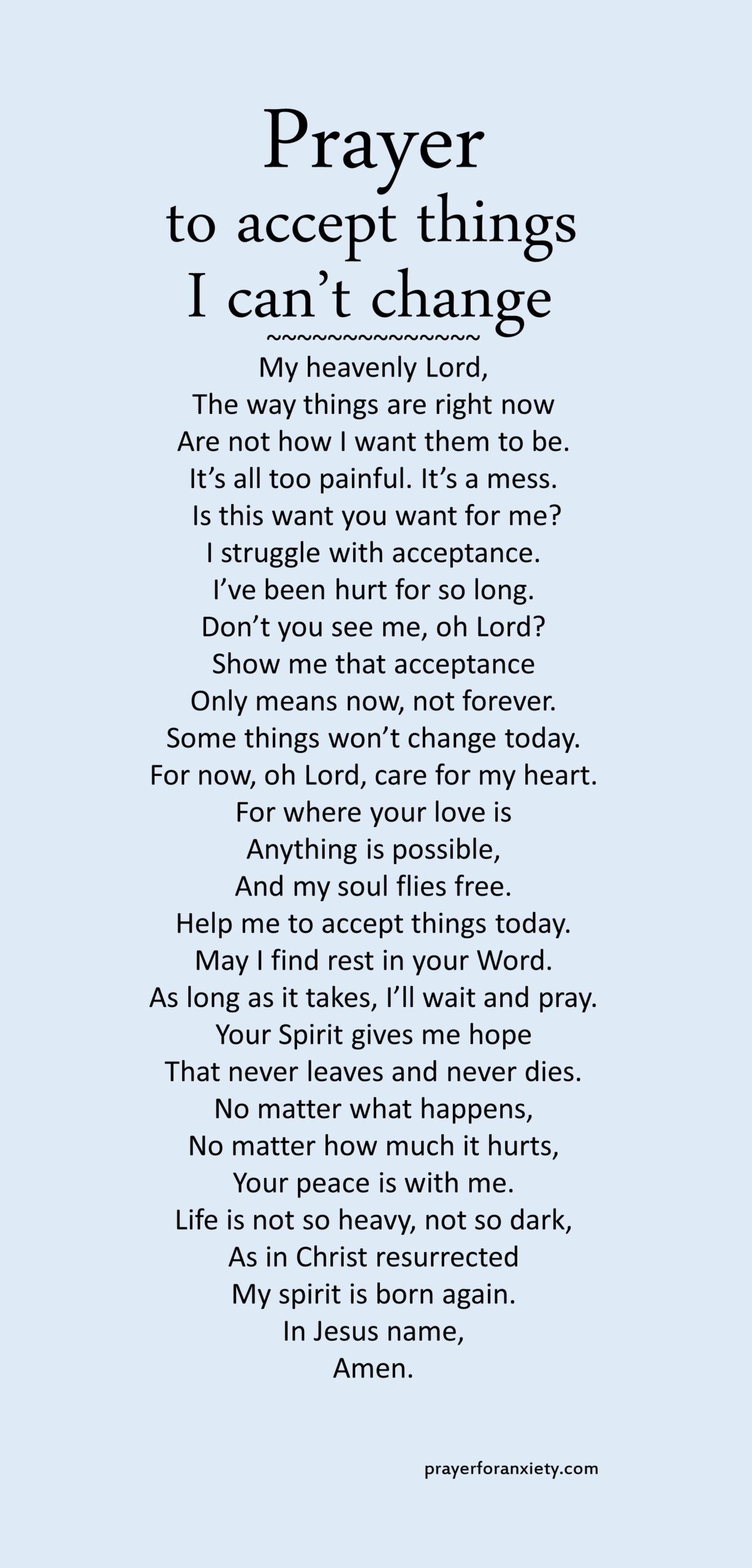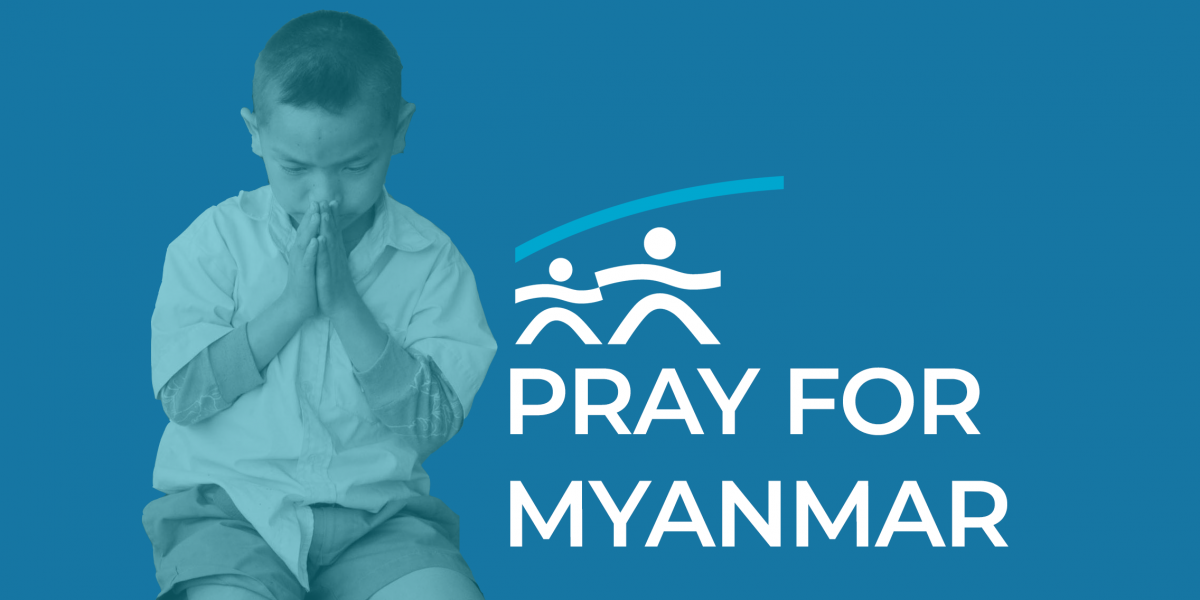Addiction is a powerful disease that can take over your life, control your actions, and consume your thoughts. It’s important to remember that addiction is not a choice – it’s a disease that affects brain chemistry. And while there is no single answer to overcoming addiction, prayer is an important part of the recovery process.
What is addiction?
Addiction is a complex psychological and physiological problem that can be caused by the use of drugs or alcohol. It’s characterized by compulsive behaviors that harm the individual and their environment. Addiction can lead to relapse, which is when an individual returns to using drugs or alcohol despite negative consequences.
Prayer is a powerful tool for overcoming addiction. Prayer can help you find hope and healing in your struggle. Prayer can help you connect with God, who can provide strength and guidance during your journey to recovery.
There are many different types of prayer that are effective for overcoming addiction. Some examples include self-affirming prayers (prayers that build self-esteem), prayers for forgiveness, prayers for strength, and prayers for change.
Effective prayer includes both vocal and silent prayers. Vocal prayers involve speaking aloud while silent prayers involve silently praying within yourself or with others. You don’t have to be religious to benefit from prayer; any type of prayer that you think will help you overcome addiction is welcome!
Try some of these helpful tips to start praying for your recovery:
1) Create a personal prayer journal in which to write out your thoughts and feelings about your addiction and recovery. This will allow
What causes addiction?
Addiction is a complex disease that can be caused by a number of factors. Some people are more likely to get addicted than others, but there is no one specific cause.
There are many different factors that can contribute to addiction. Some of the most common include:
– Genetics: Some people are born with a tendency to become addicted to substances or alcohol.
– Environment: The environment can play a role in whether someone becomes addicted to drugs or alcohol. For example, if someone grows up in a household where drugs or alcohol are used, they may be more likely to become addicted.
– Trauma: A traumatic experience (like rape or abuse) can lead to addiction, as can exposure to trauma in the media.
– Mental health issues: Addiction often accompanies mental health problems, such as depression or anxiety.
– Brain chemistry: Certain chemicals in the brain can influence how addictive substances work on the brain.
How can prayer help overcome addiction?
Prayer has long been seen as a powerful tool for overcoming addiction. Numerous studies have shown that prayer can help people overcome addictions, including tobacco, alcohol, and drugs.
One study found that participants who underwent guided prayer showed significantly greater reductions in cravings and withdrawal symptoms than those who received standard counseling. In another study, patients with alcohol addictions who regularly prayed reported significant reductions in their drinking behaviors and cravings. Similarly, a study of smokers demonstrated that those who prayed regularly were 76% less likely to relapse after quitting smoking than those who did not pray.
There are a few reasons why prayer may be successful in helping people overcome addictions. Prayer can provide comfort and support during difficult times. It can also remind addicts that they are not alone and that there is someone out there who cares about them. These reminders can help addicts stay motivated in their efforts to overcome addiction.
Definition of Addiction
Addiction is a compulsive behavior or craving that is difficult to break. It can be physical or psychological, and can lead to drug abuse, gambling, shopping, sex, or any other kind of habit. Addiction often starts with a low level of use and can worsen over time as the person becomes more dependent on the habit.
There are many types of addiction, but all share some common characteristics. For example, addiction is often associated with a strong desire for the substance or behavior in question. People with addiction may feel unable to stop using even if it negatively affects their health or social life. Additionally, addiction is often accompanied by changes in brain chemistry that make it difficult to control cravings and withdrawal symptoms.
Most people who struggle with addiction eventually seek help from a professional. However, there are many ways to overcome addiction without professional help. If you or someone you know is struggling with addiction, don’t hesitate to reach out for help.
The Biology of Addiction
Addiction is a brain disease. It is a real, physical illness that can be treated with real, physical medicine.
One of the things that makes addiction so difficult to overcome is that it is rooted in biology. Addiction is a result of an imbalance in our brain’s chemical messengers.
The purpose of this blog section is to explore how addiction works and how prayer can help overcome it.
How Prayer Can Help Overcome Addiction
Prayer is one of the most powerful tools we have to overcome addiction. It can help us connect with God and receive His guidance and strength as we fight our addiction. Prayer can also provide comfort and support as we work through our recovery.
When struggling with an addiction, it can be difficult to find the willpower to abstain from drugs or alcohol. Prayer can help you access that strength and get through detox and treatment. It can also encourage you when you feel tempted to relapse.
If you are struggling with addiction, prayer can be a cornerstone of your recovery. There are many different types of prayer that can help you in your journey. find what works best for you and start praying regularly.
Prayer is an incredibly powerful tool that can be used to overcome addiction. When we are faced with difficult challenges in our lives, prayer can be a support system and guide us through the tough times. Many addicts find that praying for help leads to positive changes in their life, including increased sobriety and decreased drug use. If you or someone you know is battling addiction, I encourage you to reach out for guidance and support from a trusted friend or family member. Prayer can play a pivotal role in your recovery journey!
